Systems Biology
Basics of Mathematical Modelling – Part 1

Biochemical processes are simply complex, and their apparent feature does not easily allow us to investigate what exactly system means. Moreover, most of the biochemical processes obey nonlinear reaction kinetics. That is, amount of reactant (Protein/RNA/DNA/) is not directly proportional to its product. This leads to further increase in complexity level of molecular mechanism. And create biological noises such as randomization (stochasticity) of biomolecules, perturbation in cell signaling, difficulty in quantification of cell products and even unexpected response of the entire system. Here comes development and utilization of a mathematical model takes multiple factors/parameters into consideration and provides researcher with a visual understanding how complex biological system functions and responds to external (hormone/drug/cation/anion) and internal signals (protein/enzyme/cation/anion) or adverse environmental condition such as deficiency of Fe2+ ion during formation of Vitamin-D. Basically, mathematical modeling receives a broad domain of cellular processes such as metabolic regulation, gene-gene interaction, and gene-protein interaction. This has made a bridge between experimental and expected outcome. In case of discrepancies, between the two, parameter taken into consideration need to be refined. The general approach of the modeling give us the following benefit:
- Discrepancies between mathematical model and actual experimental result point to components that still are missing from hypothetically developed model, and therefore one can develop a more comprehensive scenario of systems behavior. On the hand, a well developed model assist in designing and clarifying the additional issues in ongoing experiment.
- With the help of a mathematical model researcher can modify experimental parameter (e.g., by introducing modified protein associated with Mg2+ uptake into cell) and run the computer simulations.
- Most importantly, mathematical models are not limited to environmental/experimental constraints. They may be quickly changed for multiple conditions/parameters and most suitable simulation can be assessed for developing a reliable experimental design.
- A mathematical model may help to investigate sub-system that sometimes regulate special biochemical process, though all biological reactions cannot be treated same, which necessarily provides substantial information about large systems behaviour.
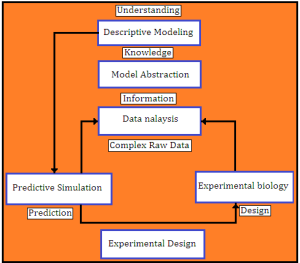
Fig: 1. Schematic representation of biological modelling process, knowledge generation and experimental design.
By doing multiple simulations and changing parameter values, we are able to represent the real biochemical/molecular phenomena which seem to be difficult-to-treat.
→ Continue to Introduction to Mathematical Modelling – Part 2
Algorithms
Systems pharmacology and drug development

Systems pharmacology is an emerging area in the field of medicinal chemistry and pharmacology which utilizes systems network to understand drug action at the organ and organism level. It applies the computational and experimental systems biology approaches to pharmacology, which includes network analyzes at multiple biological organization levels facilitating the understanding of both therapeutic and adverse effects of the drugs. Nearly a decade ago, the term systems pharmacology was used to define the drug action in a specific organ system such as reproductive pharmacology [1], but to date, it has been expanded to different organ and organism levels [2]. (more…)
Systems Biology
MOTIF: Functional Unit of An Interaction Network

In a network, integration of elements and interacting components enables identification of conserved modules and
motifs. The topological analysis, however, reveals much about the nature and functions of a network and provides sufficient statistics for any further study. (more…)
Systems Biology
Network Biology: Get Together of Macromolecules
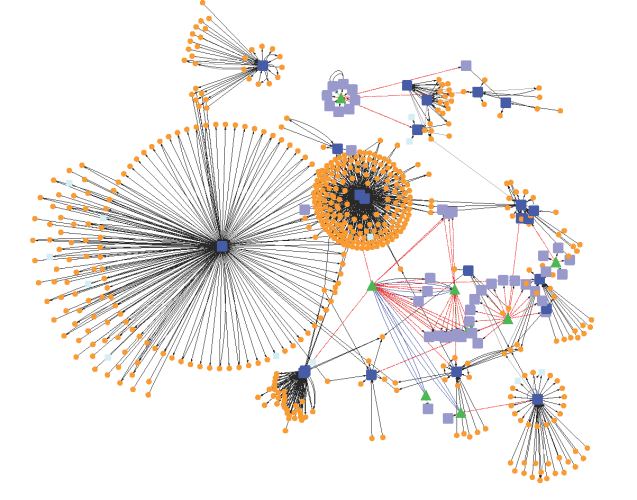
A network is a group of two more than two interacting components. The complex biological systems can be represented as computable networks that provide a unique way of analyzing the complex underlying mechanisms. (more…)
Systems Biology
Two Components System: Potential Drug Target in Mycobacterium tuberculosis

The genomic complexity and unknown functions of proteins/genes in Mycobacterium tuberculosis (Mt) has triggered an in-depth study of the entire genome to explore factors responsible for influencing Mt’s behaviour at molecular level. To set the stage of infection, to establish itself in the host’s defending environment, to cause the pathogenicity by overcoming the immune system and to escape out from any assailable host attack, this TB causing pathogen has developed a well-embodied system known as two-component system (TCS) that constitutes two proteins, universally designated as sensor protein and response regulator protein.
Systems Biology
Explore Tuberculosis: A Systems Biology Approach
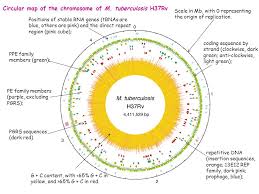
Systems biology is not sufficient to full fill the requirement of molecular understanding of any organism at any level. It seeks to contribute multiple approaches and fields to resolve a particular issue arisen from ongoing work. In this article you will find a combinatorial approach of systems biology i.e. molecular, cellular and network biology to understand how tuberculosis is developed and how pathogen succeeds in fighting with host immune systems. A well developed mathematical model, on PhoP-PhoR two component system, is also presented and explained to demonstrate the mode of molecular regulation by pathogen. (more…)
Systems Biology
Introduction to Mathematical Modelling (Last Part)
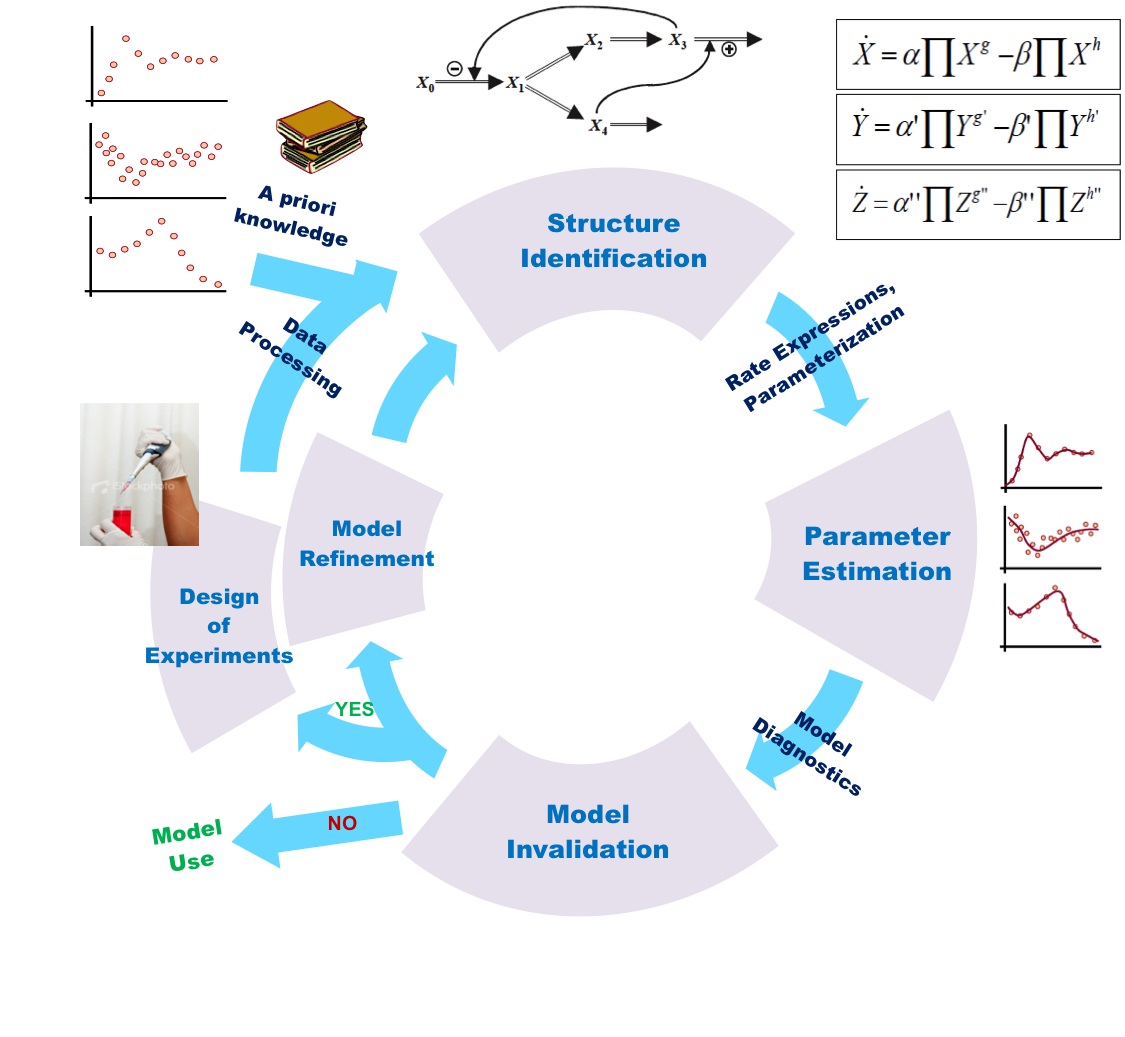
In the previous section, mathematical modeling was exemplified by metabolic process and its biochemical regulation. It could also be done by signalling pathways and genetic regulatory process. At all cellular phase, one observe changing mode of a cell with effect from environmental factors. It is quite difficult to maintain cellular functions and reach to steady state. Thus, one needs to fix a range of parameters for all molecular reactions while going for mathematical modeling.
Systems Biology
Introduction to Mathematical Modelling Part-3
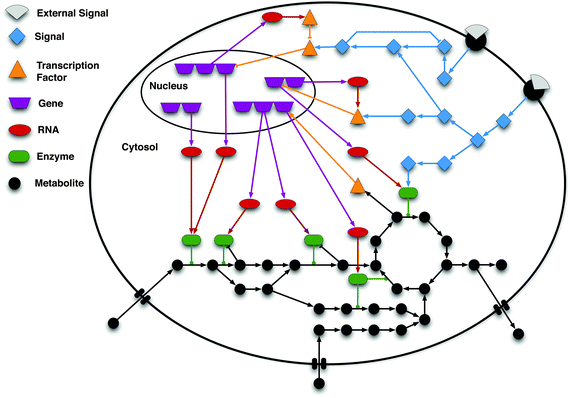
Derivation of Mathematical Equations for Understanding Systems Behaviour:
Depending upon the nature of biological process, it is essential to understand different modeling approach as numbers of methods have been used for different biological systems. Functionally, most of the cellular processes are dynamic that change with environmental change such that the signaling or regulation for specific genes when cell is exposed to an extraordinary medium. In order to describe such time-dependent phenomena it is necessary to choose mathematical equations that can capture these dynamic effects. In other biological systems where cellular products/molecules don’t change over time i.e., concentration remains same, it is not necessary to describe details of underlying dynamics. For modeling the systems behavior, suitable methods have been developed. Among them are two methods, commonly used in modeling of metabolic process, modeling of signaling and regulatory pathways.
Cancer
Cancer: From the Eyes of Mathematical/Systems Biology

The month of November has just arrived with its generic glimpse of winter. We welcome this month with an evergreen and hot topic of cancer research. This time we intend to introduce you to an old research topic with a new vision…..
Cancer being an ailment with no remedy of full confidence has been pursued as a career by a lot of researchers. A cell biologist says it is an uncontrolled proliferation (increase in number by division and growth) of cells, molecular biologists call it a mutant variety of some biomolecules forcing a cell to commit such an uncontrolled cell division cycle. But, how does a Systems Biologist see such kind of a problem? Let us try to pursue it in a different way.
Proteins if are not assigned some name based on their function or structure, scientists mark them according to their molecular weight, e.g. p53, p200, p19 etc. Scientists have proven an abnormally high expression of p53 protein in Cancerous cells/tissues. p53 protein is actually the reason behind those other proteins which regulate the cell cycle and makes it to divide in to two as a normal scenario, p53 also helps in the manufacture of its inhibitor named Mdm2 protein. In any case of mutation in p53, that leads the failure of abnormality recognition by p53, doesn’t lead to increase in p53 and consequently Mdm2, p21 and other p53 regulated proteins. And thus, the division of abnormal cells continues indefinitely and causes Cancer.
From a Mathematical Biology perspective, systems biologists form some ordinary differential equations that look like a mathematical formula. These mathematical formulae are actually nothing else than the representative of chemical reactions and their combinations occurring inside a cell. As in our previous blogs (by Fozail Ahmad), we have mentioned about how to combine the chemical reactions in a shape of Ordinary Differential Equations (ODEs) and about how we follow Zero-Order chemical kinetics (reaction rate doesn’t depend on any participating chemical), First-Order chemical kinetics (reaction rate depends on only one participating chemical) and Second-Order chemical kinetics (reaction rate depends on two or more participating chemicals) to form the equations. In addition to that, I would like to mention that there are some reactions which occur with the help of some biomolecular machineries. These machines (enzymes) just help the reactions to occur, but do not take part in it themselves and thus affect the reaction in a different form of kinetics as described by the combined work of German Scientist of Biochemistry Leonor Michaelis and Canadian Scientist of Physics Maud Menten in 1913.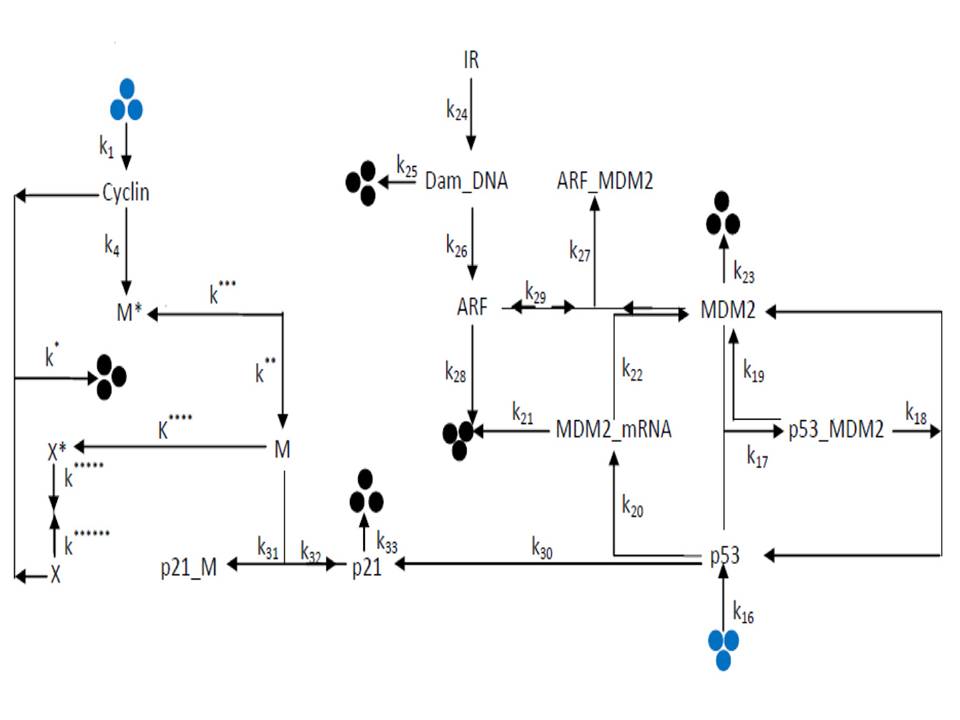
So, in a normal cell, when p53 senses the danger and signals the Cell by increasing p21 to combine with PCNA (Proliferating Cell Nuclear Antigen – An enzyme that helps in cell division) it stops the cell division. This type of cell cycle division has been shown in one of the diagrams mentioned below, while for the mutated case of p53 where it can not sense the cellular damage and thus divides normally is also shown in one of the images above.
We have also mentioned a combined picture, which shows a referral of how different stages of Mathematical Biology looks like. These figures are in special contrast to Cancer cells and normal cells.
Reference: Alam MJ, Kumar S, Singh V, Singh RKB (2015) Bifurcation in Cell Cycle Dynamics Regulated by p53. PLoS ONE 10(6): e0129620. doi:10.1371/journal.pone.0129620
http://journals.plos.org/plosone/article?id=10.1371/journal.pone.0129620
Systems Biology
Introduction to mathematical modelling – Part 2
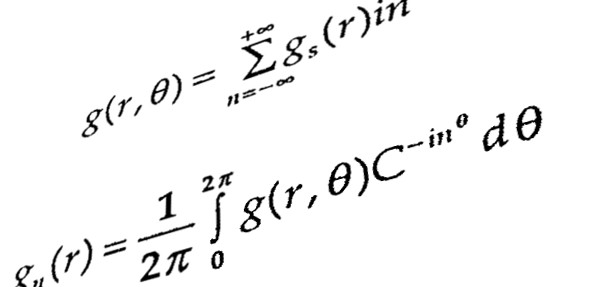
Gathering of Dynamic/Kinetic information
In the previous section you might have noticed that modelling biochemical process requires calibrated set of fine parameters which fit into and across the set of chemical/reactant species (gene/protein/molecule) involved in the process.
Software
BioMiner & Personalized Medicine: A new perspective
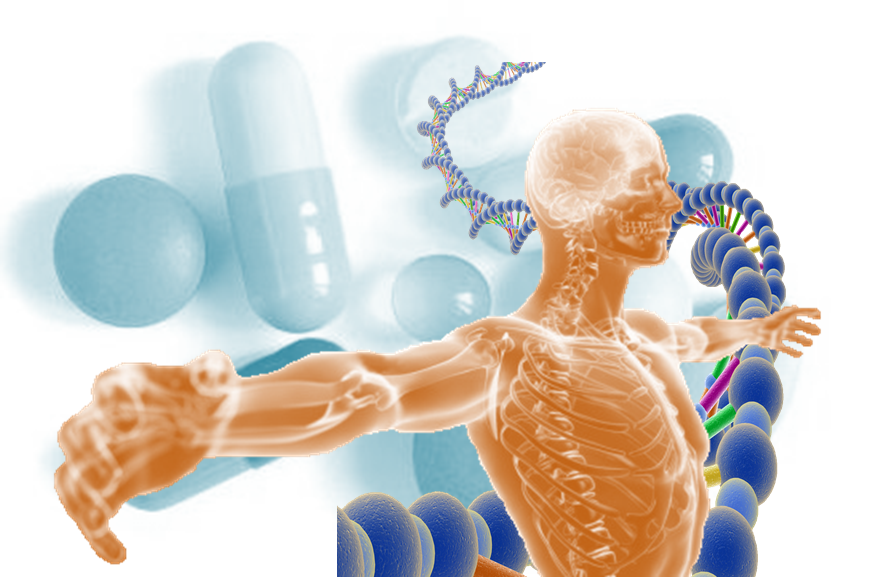
Personalized medicines have become a very important part of the medicine world now a days. They are also known as ‘Individualized Medicines’. Personalized medicines allow a doctor to prescribe more specific and efficient medicines to a particular patient. This concept has created many more opportunities and aspects in the medicine world. (more…)
Cancer
Tumor progression prediction by variability based expression signatures
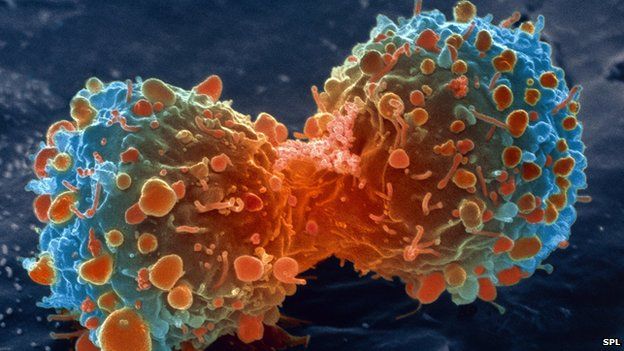
Cancer has become a very common disease now a days, but the main reason of causing this is unknown up till now. Various reasons have been given and recent research says that improper sleeping patterns may also lead to cancer. Like cause of cancer is difficult to predict, similarly, its progression and prognosis is also very difficult. Despite of many advances in cancer treatment, early detection is still very difficult. (more…)


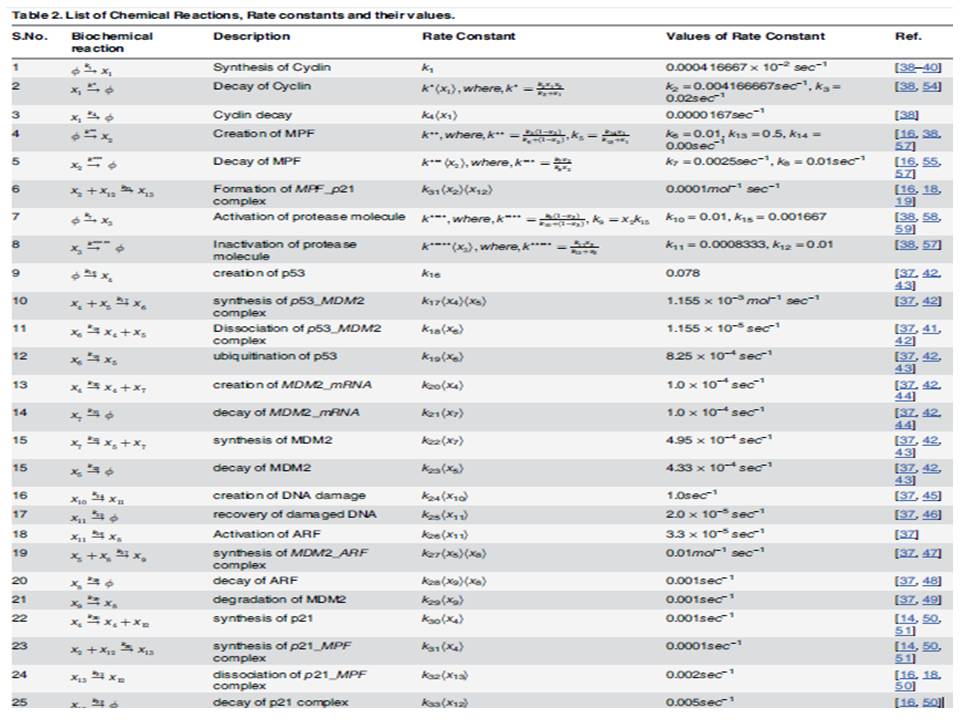


You must be logged in to post a comment Login